Column

We will remember 2021 as a special year. It had been special for us because it gave us the Golden Jubilee of our independence which we celebrated once again along with our V-day (Dec. 16) and the birth centenary of Bangabandhu Sheikh Mujibur Rahman, the architect of our nation. While celebrating these glorious events we also took stock of 50 years of our journey as an independent nation and had a fresh look on what we did right and where we went wrong.
That in the just-gone year the UN recognized Bangladesh's credentials to become a developing nation effective from 2026 will long be an occasion to be proud of our people's talent, hard work, courage, resilience and sacrifices. This has been an excellent achievement for a nation that was left in ruins by an unjust war imposed on it by a power that in the guise of being our "brothers" gleefully exploited us in all fronts and did not hesitate to unleash a horrendous reign of killings, rapes and arson in the name of safeguarding "Islam." Bangladesh today is regarded in the international arena as a nation that has defied the doomsters. Not only we have survived as a nation, but we have gracefully proved our worth in many a front, especially in the economic growth, social development, women education and empowerment, innovation in small enterprises, sports and culture even though this can't be said equally enthusiastically about politics, democracy, human rights, social justice and values and spirit of our liberation war in 1971.
If we have progressed in some fronts, we have regressed in many more way too. The violence that swept the Durga Puja celebration of the Hindu community in October will continue to haunt us for long. The violence and resulting deaths throughout the UP elections across the country will refuse to recede from our memory book of 2021. The up-now and down-again management of our government's response to the Covid-19 pandemic and subsequent setbacks in procurement of vaccines, the chaotic declaration of lockdowns and their pathetic execution leaving tens of thousands of mostly marginal and poor people on a trail of untold miseries on the roads and waterways will continue to make us feel uncomfortable for long for sure. Before we could finish our appreciation of the government in handing out stimulus packages for the industries to recover from the pandemic-induced losses came the unhappy news that a large section of small businesses had failed to get the benefits. The migrants returned home in thousands losing jobs abroad, mostly in the Middle-East and Gulf nations, and the promise of providing them held did not quite materialize to their satisfaction. Throughout the year 2021 our migrants, whose remittances have been fattening our foreign exchange reserve of which the government takes full credit, had been left to fend on their own (with little help from the authorities, and when it came it had always been late) _ beginning from getting new jobs/businesses at home to timely vaccination and finally exorbitant hike in the air fare to the ME destinations. We could have done much better and more humanely in this regard. How about the three crore people who slipped back to poverty due the pandemic?
The outgone year witnessed a renewed chaos in the country's road and river transports over the unusual rise in bus and launch fares in response to the government's arbitrary hike in fuel (diesel and kerosene) citing price surge in international market. This also led to a short-lived return of the student protest against deaths on the roads and a half-fare bus ride in the cities.
Before we could recover from the tragic death of over 50 workers, some of them teenaged and young and women, at Sezan Food Factory in Narayanganj in July, the nation was hit by another shock: the Dec. 24 fire on MV Avijan-10 launch on Sugangha river off Jhalakathi town leaving more than 40 dead, many struggling to recover from burn injuries and many others missing prompting relatives to use boats to search through the river for their loved ones. Like in the case of Sezan Food victims the police have to resort to DNA test of the charred launch fire bodies to identity them before they could be given to the families. In these two instances, like most such tragedies in Bangladesh, it had been the utter negligence of the owners and their staff that caused the human-made disasters. Worse still is that the culprits are likely to get scot free and live their lives as usual keeping in the nation in wait for another calamity.
The year 2021 had been quite good for the media too. Apart from the much-condemned incident of the arrest Rozina Islam, a senior reporter of Prothom Alo daily, after unlawful confinement at the health ministry at Bangladesh Secretariat, for her reporting on health ministry's alleged corruption and Covid-19 mishandling the media in general lived under the threat of the 2018 Digital Security Act or DSA. Throughout the year journalists, editors and media activists raised their voice against the dreaded law that they see as a tool of suppressing expression, freedom of press and free thinking. This law has continued to affect free and independent journalism as it is intimidating. Cases are filed against the dissident voices. This year also saw the return of the use of the British-era Official Secrets Act of 1923 with its application in the case of Rozina Islam. This and several other cases undermined Bangladesh government's efforts at making the international community to consider it as a democratic administration respectful to free media and human rights.
In regard to Bangladesh's relations with the United States, Dhaka's alleged abuse of human rights (in the form of extrajudicial killings) had finally been flagged off by Washington. In the month of December when the nation was preparing for its 50 years of V-day celebrations the news came that the US Treasury Department sanctioned our crime-busting elite force Rapid Action Battalion (Rab) and its seven former and current officials for abuse of human rights. Amid the shockwave cause by the not-entirely-surprising report the government has been trying to prepare a uniform response so that Dhaka-Washington relations don't go further down. Before the sanctions-related shock could ease, came another tiding from Washington. This time the US Leahy Law that wants Dhaka to place a detail outline of its use of US security cooperation assistance.
As we bade farewell to 2021 we look forward to a better 2022 even the wish sounds like a cliché. Will it be too much to ask for an improvement in our performance card with regard to democracy, human rights, secular and humane values and social justice?










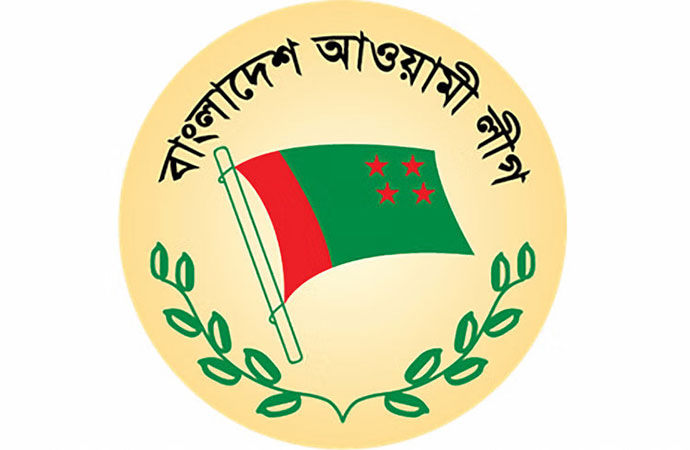








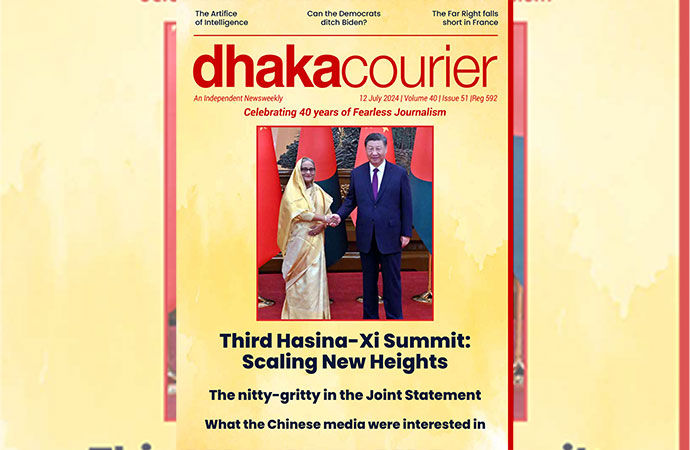
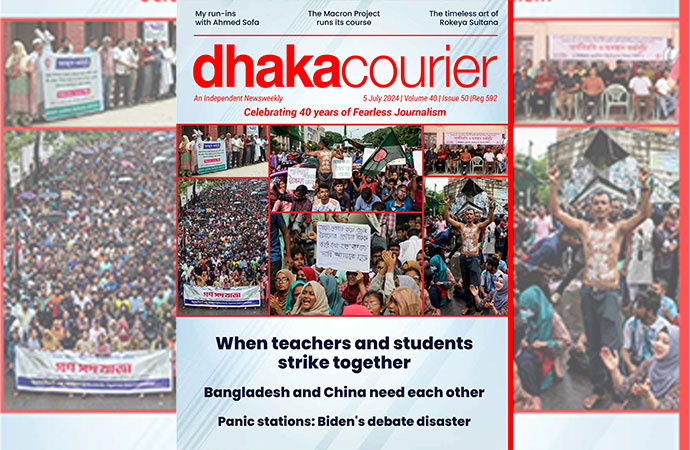

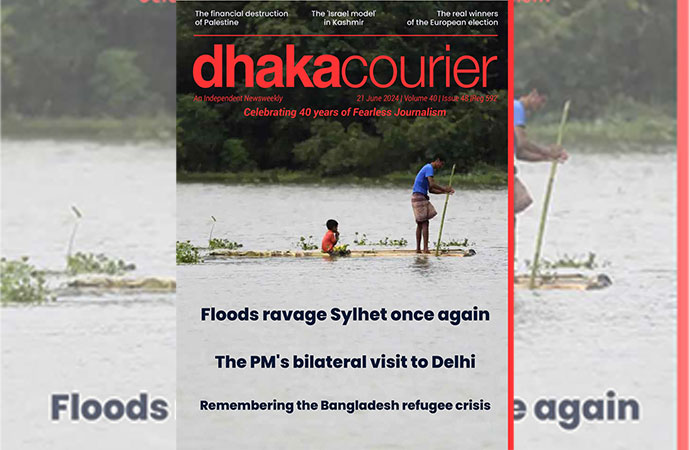
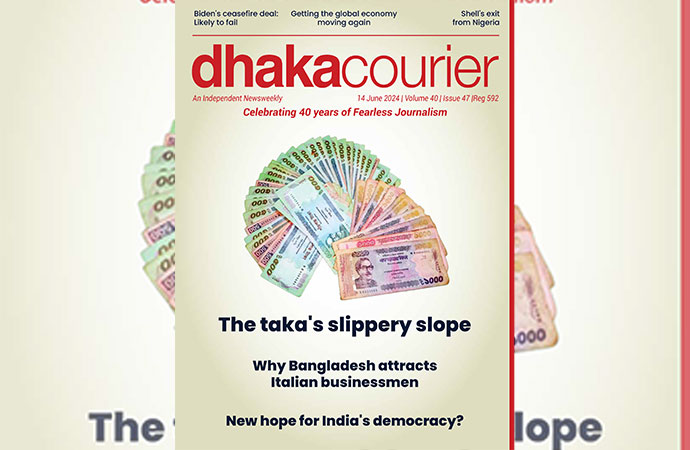
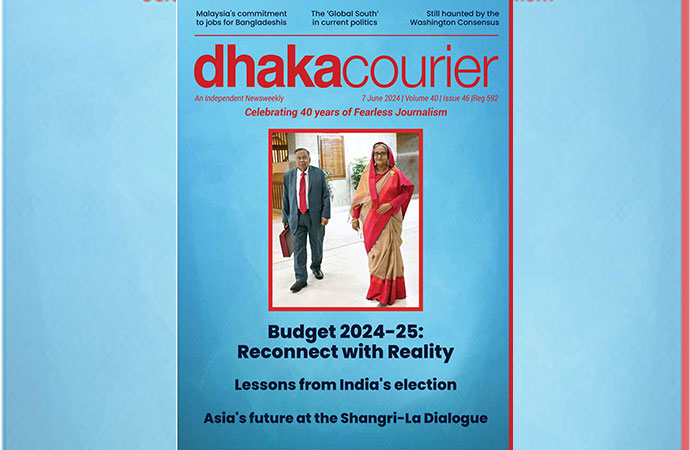
Leave a Comment
Recent Posts
How China's reform benefit the ...
"It's very clear that China has entered a new era under Presi ...
How do we heal?
After the unprecedented violence of the past two weeks, the most impor ...
The High Court fixed July 25 for delivering verdicts
Biden’s legacy: Far-reaching accomplishments that di ..
US President Joe Biden dropped out of the 2024 race
“A kiss over bribe”: Nachiketa’s social message to D ..